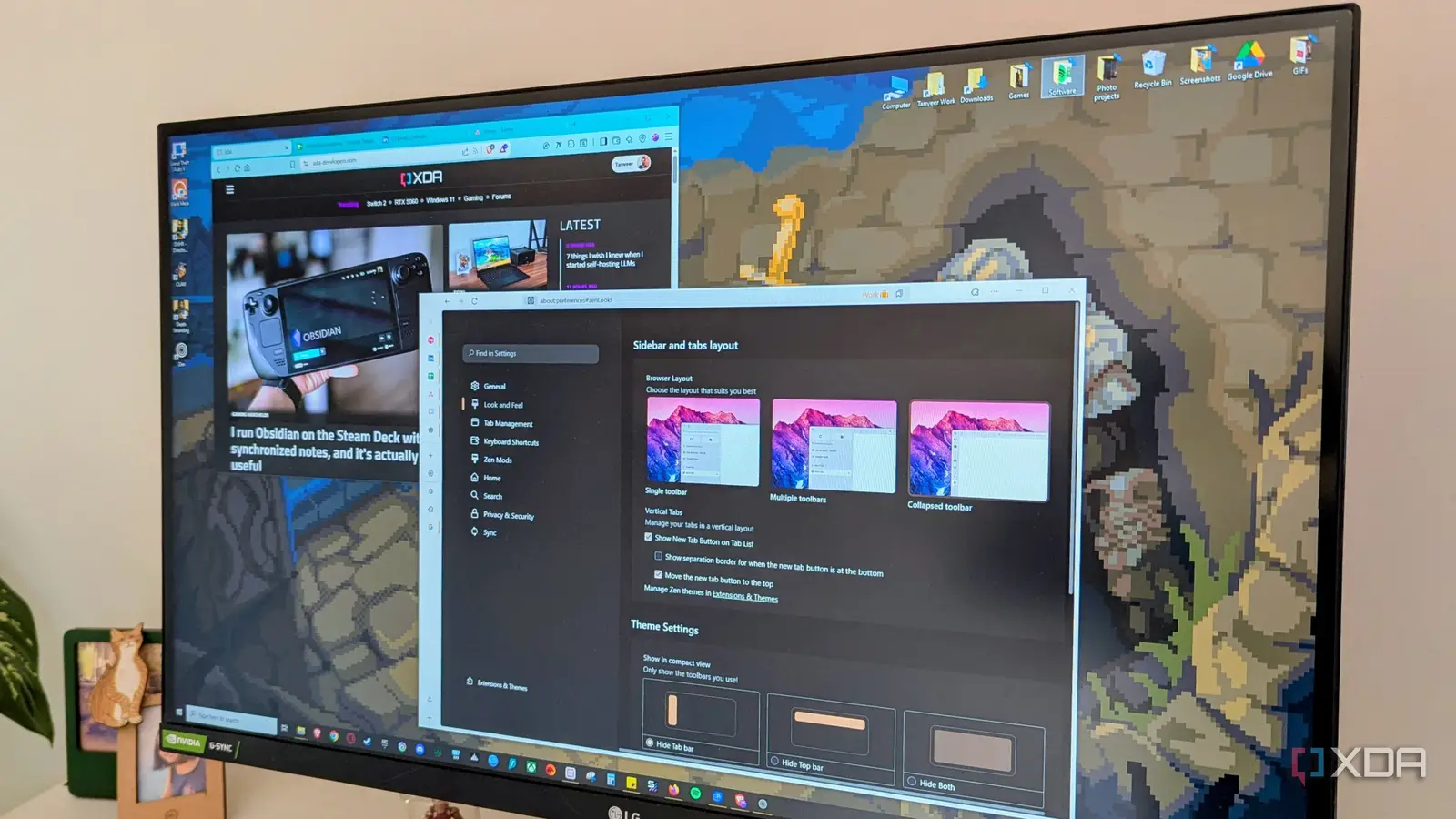Copyright XDA Developers

Browsers are being transformed into AI-powered platforms, whether it’s Chrome, Edge, or even Firefox. There’s also a new wave of browsers built specifically around AI, featuring capabilities like agentic browsing, where the browser can navigate the web on your behalf. Popular options include Comet, Dia, and even Opera now has a full-fledged option called Opera Neon. However, my preference is a browser you wouldn’t expect to be part of the AI conversation — Brave. It doesn’t come loaded with AI features, and oddly enough, that’s one of the reasons I like it. The other is how it handles my personal data. The new wave of AI-powered browsers Every other browser is an AI browser now AI is the hottest new feature in browsers. Microsoft Edge has a sidebar with Copilot that can summarize articles, draft email replies, and more. Google Chrome is experimenting with generative search results and pushing Gemini deeper into the browser experience. Opera introduced an AI assistant called Aria, and its new Opera Neon browser takes things further with agentic AI features that try to understand your intent and take actions on websites for you. Newcomers like Comet and Dia are built entirely around AI-driven browsing, letting you automate research, manage tabs through conversations, and run tasks like a virtual agent. This wave of agentic browsing is exciting, but it also feels overwhelming. These browsers load the interface with chat panels, floating icons, and automation prompts at every step. Most of them rely heavily on cloud-based AI, sending your data to services like OpenAI or Google, and often require you to log in or create an account. That can mean handing over a lot of your browsing activity to third-party servers. Brave approaches this differently. Instead of trying to impress you with AI everywhere, it focuses on doing a few things well, only when you actually need them. Brave wins with a privacy-first approach I prefer more privacy and less AI One of Brave’s core principles is privacy by design, and that extends to its AI integrations. Unlike many competitors, Brave doesn’t require you to sign in or hand over personal details to use its AI features. You can open Leo, the built-in AI assistant, and start using it immediately. Conversations are not stored or used to train AI models behind the scenes. Brave also gives you control over where and how the AI runs. By default, complex queries may use Brave’s cloud-supported models, but even then, identifiers like your IP address are stripped, and queries are not linked back to you. Brave also offers a feature called “Bring Your Own Model” (BYOM). This allows you to plug in your own AI model, either running locally on your machine or hosted on a server you control, so your data never has to leave your device. Just as important, Brave’s business model doesn’t rely on collecting user data. The browser blocks ads and trackers by default, so it isn’t built around harvesting browsing history. Brave has even modified Chromium’s codebase to better align with privacy and security goals. That stands in contrast to browsers like Chrome, developed by Google, a company whose revenue is driven by advertising and data collection. A minimalist approach to AI Less is more Most AI browsers make their features loud and visible from the moment you launch them. Brave keeps things clean. It still looks and feels like a fast Chromium browser rather than a chatbot disguised as one. Leo sits quietly in the sidebar and appears only when you call it. If you don’t care about AI, Brave doesn’t push it on you. There are no pop-ups insisting you try smart features or banners asking you to connect an account. This restraint improves performance. The browser remains lightweight and fast because it is not constantly running background AI tasks or loading extra UI elements. You do not change how you browse. You simply have Leo available when you need a quick summary, translation, explanation, or snippet of generated text. Leo can summarize web pages, answer questions based on what you are currently viewing, translate text, or generate quick content. It cites sources when pulling from page content or Brave Search results, giving it a more grounded response style compared to other AI assistants that make things up. It also ties in with Brave Search’s Summarizer, which gives short-cited answers at the top of results. You can disable it entirely if you prefer a clean search page. AI browsers are not quite there yet



